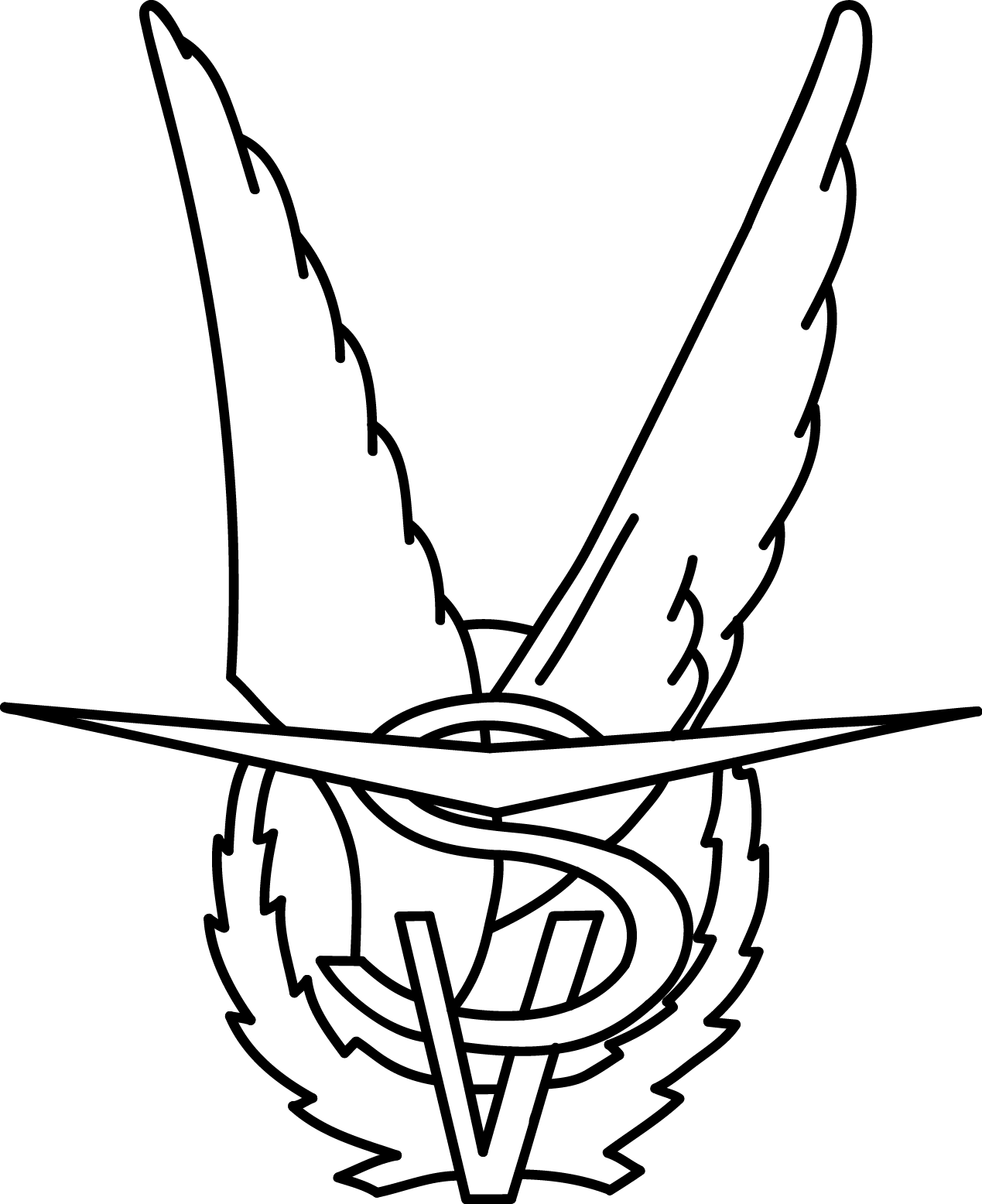About the programme
Every year, billions of people rely on air travel, while satellites play a crucial role in daily communication, meteorology, Earth observation, and navigation. Wind energy is essential for the energy transition. In the BSc Aerospace Engineering you will learn how aerospace engineering can contribute to a better, sustainable world.
The BSc Aerospace Engineering teaches you the knowledge, skills and mindset required to address these challenges. The programme has an excellent reputation worldwide and the faculty is equipped with high-tech facilities. We have an advanced flight simulator, our own aircraft which is used as a flying classroom, a clean room for the development of our own satellites, subsonic, supersonic and hypersonic wind tunnels. Additionally, we have access to a large laboratory for the development, manufacture and testing of materials and structures.
Field of study
As Aerospace Engineer, you can take on challenging problems in complex fields. You find solutions to societal problems that are cost-effective, lightweight and safe. This means you can work effectively in a multidisciplinary team and are able to synthesise knowledge from a variety of related fields.
This requires a broad foundation, comprising a background in all corners of the field of aerospace engineering. During the bachelor’s programme, you will be introduced to a variety of engineering domains:
-
A major task aerospace engineers face is making technology sustainable. Most of the fuel expended by an aircraft is used to overcome aerodynamic drag; wind energy plays a major role in our transition to sustainable power. A good understanding of aerodynamics is therefore essential in overcoming climate change. Examples of the role of an aerospace engineer in this domain are:
- Determining and improving the aerodynamic performance of new aircraft bodies such as the Flying V.
- Modelling the performance and stability of wind turbines and their contribution to the power grid.
- Quantifying vehicle aerodynamic performance for a variety of non-aerospace industries, such as the automotive industry.
-
Aerospace engineers are tasked with ensuring the continued safe and efficient operation of aerospace vehicles. In this field, you are faced with challenges concerning human-machine interfaces, air traffic management and logistics. Examples of the role of an aerospace engineer in this domain are:
- Designing an efficient and safe air traffic management system.
- Modelling pilot behaviour and response to unexpected scenarios.
- Minimising noise and climate effects of aircraft operation.
-
The ultimate source of the climate effects of aircraft are their propulsion systems. Therefore, propulsion systems are a key player in our growth toward a more sustainable aviation sector. A major challenge for aerospace engineers is reducing and eliminating negative external and environmental effects such as noise or greenhouse emissions. Examples of the role of an aerospace engineer in this context are:
- Evaluating and minimising the noise effects of aircraft engines on surrounding regions.
- Exploring clean propulsion alternatives, such as electrical or hydrogen propulsion.
- Designing efficient, low-mass propulsion systems for space constellation management.
-
Aerospace vehicles must be lightweight, robust and reliable. All of this starts with a well-designed structure, high-performance aerospace-grade materials and optimised, safety-oriented manufacturing techniques. Examples of the role of an aerospace engineer are:
- Designing materials that provide excellent, testable and reliable properties.
- Exploring new, sustainable manufacturing processes.
- Testing material properties under extreme, high-performance conditions.
-
A great deal of our knowledge of the climate and rapid disaster response comes from space-based Earth observation, making spaceflight an important scientific domain. With the number of yearly space launches rapidly increasing, sustainable spaceflight practices are becoming of greater concern. Examples of the role of an aerospace engineer are:
- Designing spacecraft missions that accommodate safe, efficient and fast response to unpredictable natural disasters.
- Evaluating the role of the increasing number of launches on the climate, now and in the future.
- Developing mission concepts and protocols that minimise the amount of space debris left behind.
Study load
180 EC, 36 months
Average study week
Lecture
18 hours
Projects/practicals
8 hours
Self-study
16 hours
Curriculum
The bachelor programme Aerospace Engineering takes three years. Each year consists of four quarters of ten weeks each, finalised with an exam period. The programme comprises a variety of education forms, such as classical lectures, work lectures, projects and self-study. During classes, you will be taught the usual engineering foundation of physics and mathematics, augmented by aerospace courses on, for example, aerodynamics and orbital mechanics, as well as soft-skills courses on presenting, scientific writing and reporting.
*In the study guide please select the tab "Program" on the left-hand side. After that select the fields "Organization" and "Education type" in the top blue navigation bar.
Binding recommendation
TU Delft employs the BSA system: the binding recommendation on the continuation of studies. This means that you must obtain at least 75 per cent of your credits (i.e. 45 of the 60 ECTS) in your first year in order to continue your programme. If you receive a negative binding recommendation on the continuation of studies, you will not be permitted to enrol in this programme again in the next 4 years.
Facts and figures
Lectures
100% English-language
Student body
1443 BSc students
48% international students
Student society Leonardo da Vinci
Student society Leonardo da Vinci (VSV) is very active in the faculty. As well as enabling students to purchase books at the lowest possible price, the society provides opportunities to become acquainted with the corporate market. VSV organises workshops, excursions, a five-day trip within Europe and a three to four-week trip to more distant destinations such as China or Japan. For more information, please visit the VSV website.
